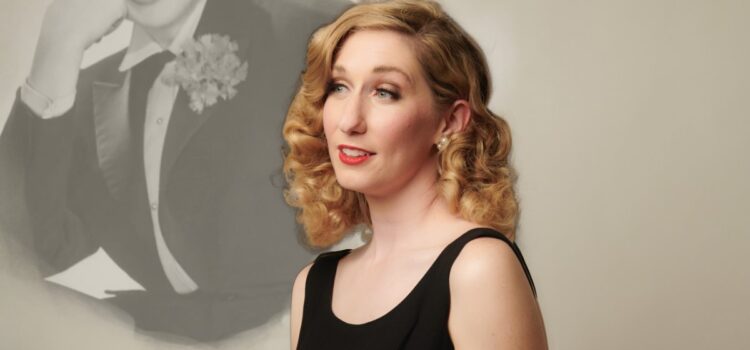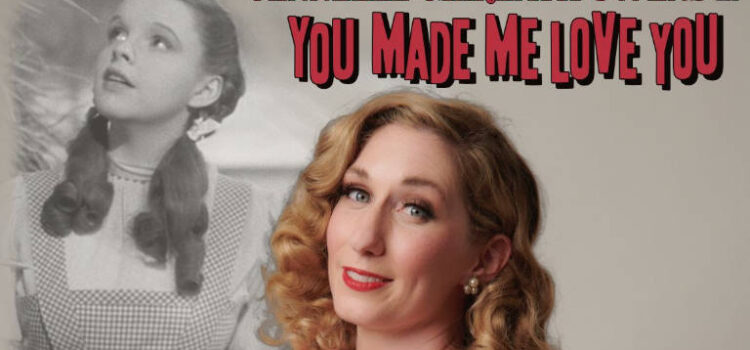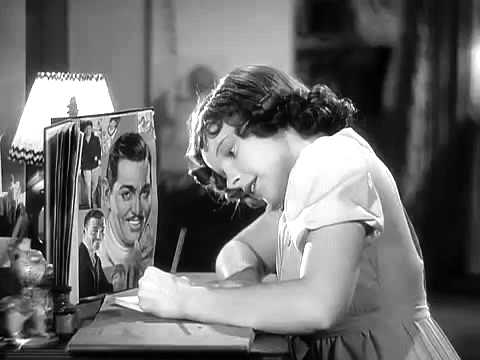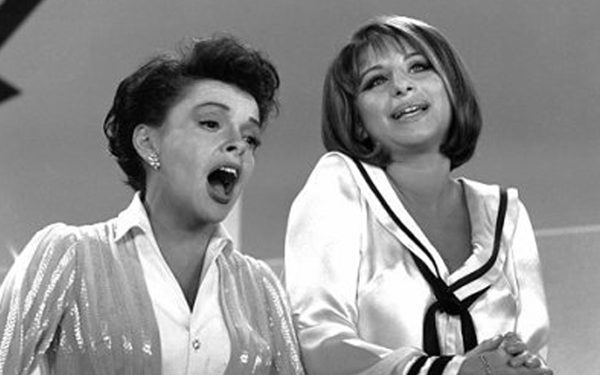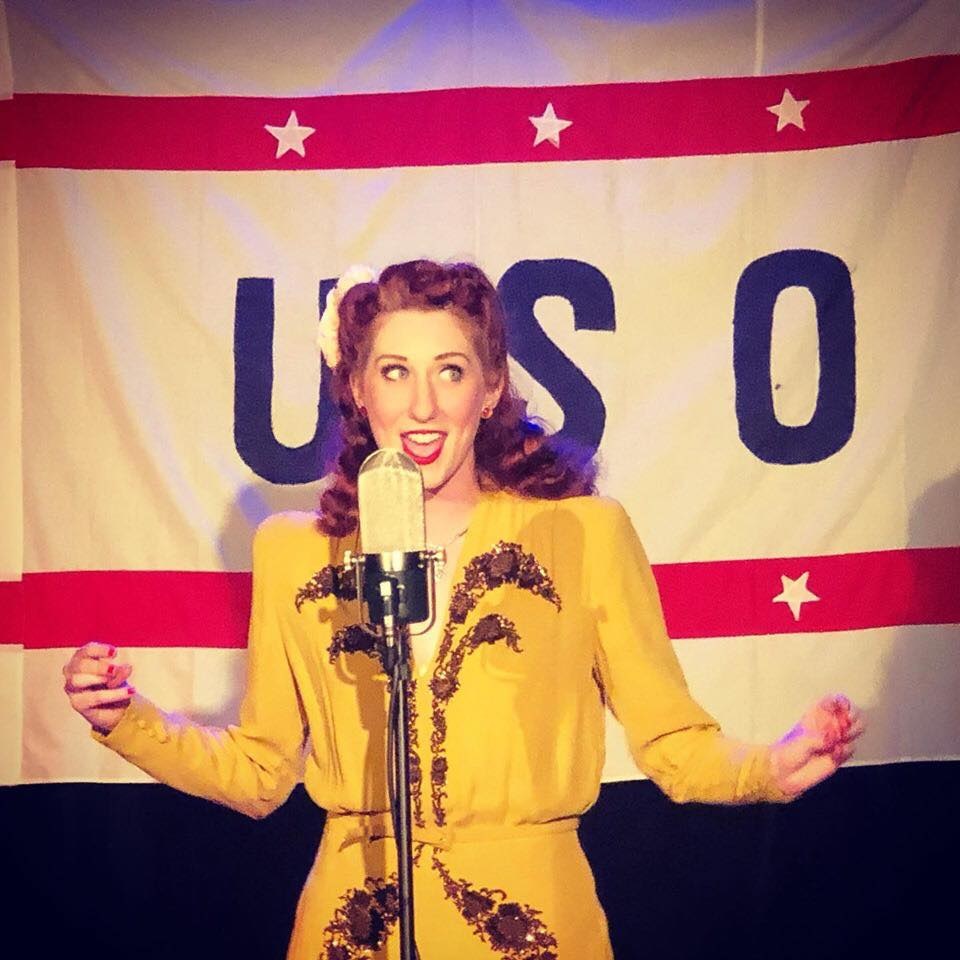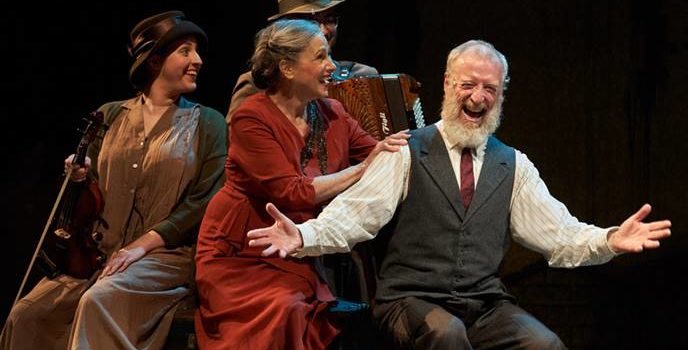Due to sold-out shows, The Midnight Company will present an encore presentation of YOU MADE ME LOVE YOU at The Blue Strawberry on Thursday, September 14, 7:30pm. Tickets are on sale now and can be reserved at BlueStrawberrySTL.com or by calling 314.256.1745.
YOU MADE ME LOVE YOU, written/directed by Midnight’s Artistic Director Joe Hanrahan,stars Jennelle Gilreath Owens. In the one woman show, Jennelle pays tribute to Judy Garland, telling her story and singing Judy’s greatest songs. Jennelle also reveals incidents from her own life, illustrating through Judy’s story and her own the challenges a woman faces in life and show business.
Jennelle is backed by a band led by Music Director John Gerdes (on bass), with Lea Gerdes on woodwinds, Paul Cereghino on piano, and Clarence Newell on drums. Featured guest singers,collaborating with Jennelle on some of Judy Garland’s historic duets, are Kimmie Kidd and Jeffrey Wright.
The Midnight Company continues its string of Cabaret Theatre presentations at The Blue Strawberry with two extended performances of JUST ONE LOOK on Wednesdays, August 16 and 30, 7:30. JUST ONE LOOK stars Kelly Howe as Linda Ronstadt in a rousing rendition of the life and times and spectacular music career of the singer. Also in the show is Hanrahan (who wrote/directed the show) as a veteran music industry reporter who finally gets his chance to interview his long unrequited love. The JUST ONE LOOK band is led by Music Director Curt Landes on piano, with Mark Rogers on drums/vocals and Tom Maloney on guitar/bass.
And Midnight will be introducing a new show, PROFESSOR SUNSHINE’S Traveling Post-Apocalyptic ROCK ’N ROLL REVIVAL at The Blue Strawberry, with performances on Wednesday September 20 at 7:30pm and Saturday September 23 at 8:30pm. The ROCK ’N ROLL REVIVAL is a modern version of the touring shows that roamed the Wild West. This show travels the new Wild West in a dark, burnt out world, as crumbling towns await the appearance of the show bringing with them a bit of song and temporary salvation.
Hanrahan (who wrote/directed the show) will be your host, Professor Sunshine, and Kelly Howe will be Cheyenne, the show’s sultry, savory chanteuse, singing her patented version of savage, classic rock ’n roll. The House Divided Band will feature the same players as JUST ONE LOOK – Curt Landes, Mark Rogers and Tom Maloney.
Tickets for the extended JUST ONE LOOK shows and for the ROCK ’N ROLL REVIVAL are on sale now at BlueStrawberrySTL.com or by calling 314.256.1745.
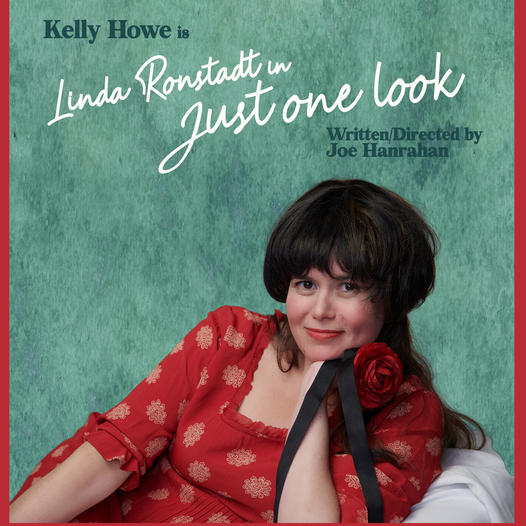

Lynn (Zipfel) Venhaus has had a continuous byline in St. Louis metro region publications since 1978. She writes features and news for Belleville News-Democrat and contributes to St. Louis magazine and other publications.
She is a Rotten Tomatoes-approved film critic, currently reviews films for Webster-Kirkwood Times and KTRS Radio, covers entertainment for PopLifeSTL.com and co-hosts podcast PopLifeSTL.com…Presents.
She is a member of Critics Choice Association, where she serves on the women’s and marketing committees; Alliance of Women Film Journalists; and on the board of the St. Louis Film Critics Association. She is a founding and board member of the St. Louis Theater Circle.
She is retired from teaching journalism/media as an adjunct college instructor.

